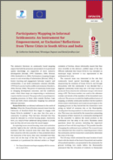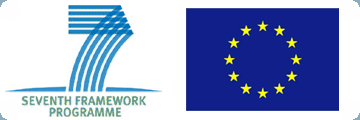|
One of the thematic areas in the Chance2sustain research project focused on the governance of megaproject building in cities of the global south (Workpackage 2).1 In the course of our research, we noted the importance of transnational models, circulated through transnational knowledge flows, including transnational policy networks. Such ‘travelling concepts’ embody particular ideologies about urban development and economic growth. A key issue is to understand the processes by which local actors adapt megaproject models to meet their specific objectives and needs.
Models, sometimes of domestic origin sometimes international, inspired many of the megaproject cases studied in the Chance2sustain project. Transmission is often an indirect process, through imitation of experiences, or applying ‘best practices’. In some cases, forms of knowledge pass through intermediaries e.g., international development organisations or through transnational professionals working as consultants on projects, who transpose concepts between cities. The trajectory of the “IT Corridor” concept in Chennai India is revealing in this respect: after having been elaborated by Jurong Consultants, based in Singapore, for the City Development Plan (CDP) of Bangalore, but ultimately not included in it, it made its appearance in the revised CDP plan for Chennai some years later, in a more narrowly defined form. For the Lima case too, it was apparent that established modes of public-private partnership concessions, promoted as ‘international best practices’, were a feature in the ‘Línea Amarilla-Via Parque Rimac’ Project. Read the full publication
|
Recent Chance2Sustain Publications |
|
|
|
|
|

